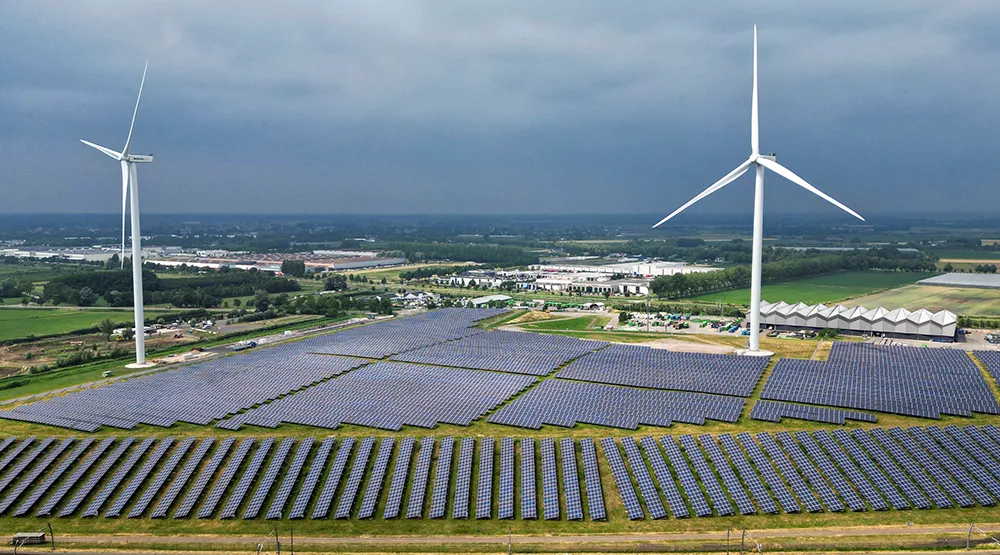Choosing the right fuel type is crucial for efficiency, cost-effectiveness, and environmental impact. With various fuel options available today, it is essential to compare their benefits and drawbacks before making a decision. According to Attacproject.eu, different fuels have varying levels of efficiency, sustainability, and affordability. This article explores the most commonly used fuel types, comparing their pros and cons to help you make an informed choice.
1. Petrol (Gasoline)
Petrol is one of the most widely used fuel types, particularly for personal vehicles. It provides high energy output and allows engines to operate smoothly. However, petrol is derived from fossil fuels, making it a non-renewable resource. It also contributes significantly to carbon emissions, impacting the environment negatively. Despite its convenience and widespread availability, petrol is relatively expensive compared to some alternative fuel options.
2. Diesel
Diesel is another popular fuel choice, especially for heavy-duty vehicles and industrial applications. It is more energy-dense than petrol, providing better fuel efficiency. Diesel engines typically last longer and offer superior torque, making them ideal for trucks and buses. However, diesel combustion releases harmful nitrogen oxides and particulate matter, contributing to air pollution. While advancements in technology have led to cleaner diesel variants, environmental concerns remain a drawback.
3. Natural Gas (CNG and LNG)
Compressed Natural Gas (CNG) and Liquefied Natural Gas (LNG) are considered cleaner alternatives to petrol and diesel. They produce fewer emissions and are more affordable in the long run. Vehicles running on natural gas have lower maintenance costs and better fuel efficiency. However, the infrastructure for CNG and LNG refueling is still limited in many regions, making accessibility a challenge.
4. Electricity
Electric vehicles (EVs) have gained popularity due to their eco-friendly nature and cost savings on fuel. EVs produce zero emissions, reducing their carbon footprint significantly. Charging an electric vehicle is often cheaper than refueling with petrol or diesel, making it an economical choice in the long term. However, EVs require a stable charging infrastructure, and battery limitations still pose challenges for long-distance travel.
5. Biofuels (Ethanol and Biodiesel)
Biofuels are derived from renewable sources like plant materials and animal fats. Ethanol is commonly blended with petrol, while biodiesel serves as an alternative to traditional diesel. These fuels reduce greenhouse gas emissions and reliance on fossil fuels. However, large-scale biofuel production can lead to deforestation and food supply concerns, making sustainability a crucial factor to consider.
6. Hydrogen Fuel
Hydrogen fuel is emerging as a promising clean energy source. It produces only water vapor as a product, making it an environmentally friendly option. Hydrogen fuel cells offer high energy efficiency and fast refueling times. However, hydrogen production and storage are costly, and the infrastructure for hydrogen refueling stations is still underdeveloped.
Conclusion
Each fuel type has its advantages and disadvantages, making the choice dependent on factors like cost, availability, efficiency, and environmental impact. Petrol and diesel remain dominant but have significant environmental drawbacks. Natural gas and biofuels provide cleaner alternatives, while electricity and hydrogen pave the way for a sustainable future. Understanding these differences helps consumers and industries make informed decisions that align with their needs and sustainability goals.

